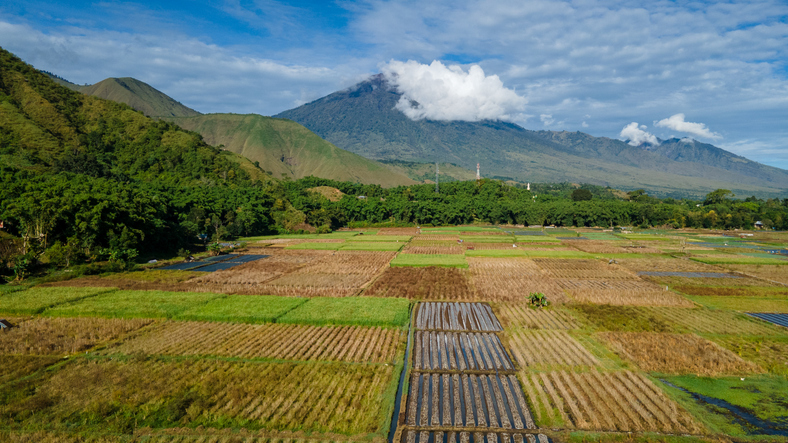Blessings of the State for Implementable Peace Agreements
 2 June 2023
2 June 2023
In order to address land and natural resource conflicts, it is sometimes the case that the resulting peace agreement cannot be implemented straight away, especially when the implementation of the agreement necessitates the recognition of the state.
It can be challenging to ensure state legitimacy for peace agreements on the resolution of land conflicts and natural resources that are achieved through mediation when the state is not prepared to offer the necessary support for the implementation of such agreements. This lack of readiness may manifest itself in the form of the absence of implementing regulations, the lack of mechanisms for validation and law enforcement, or other bureaucratic complications, which subsequently prevent the parties from fulfilling their agreements. These issues will only arise if the peace agreement necessitates legitimacy from the state, for example, a peace agreement that necessitates granting access permits to state land areas.
It is imperative that we recognize that the intricacy of regulatory matters and state bureaucracy is beyond the jurisdiction of a mediator, as well as beyond the power of the conflict management agency and the parties involved. Therefore, it is essential that we act judiciously without allowing the issue of bureaucratic complexity to impede the process of finding a mutually beneficial resolution to the conflict. Furthermore, the mediator should take into consideration the complexity of obtaining state legitimacy when preparing the parties for the conflict management process.
To date, CRU has sought to address the complexity of the state bureaucracy by fostering the development of enabling conditions that can facilitate the necessary procedures for attaining state recognition. One such effort involves engaging the state from the outset of the process by initiating communication with pertinent government officials, such as the Ministry of Forestry and the Environment if the dispute relates to forested areas or the Ministry of Agrarian Affairs and Spatial Planning/State Land Agency if it concerns land outside of forested areas. This communication channel should be initiated by a mediator or conflict management organizing entity, and then followed up by the parties and other stakeholders.
In order to facilitate the bureaucratic process, it is imperative that all administrative requirements necessary to obtain government validation are completed accurately and thoroughly. If feasible, it is suggested that a policy be implemented to expedite the bureaucratic process associated with the implementation of peace agreements that are the result of conflict resolution initiatives.
Nevertheless, the engagement of the state from the outset does not guarantee that it will promptly validate its backing. Another attempt that could be attempted is to draw public attention, or even the attention of the world. In circumstances where the state’s bureaucratic process is too intricate to navigate, public support or global attention may be able to expedite the required legitimization process, as matters concerning the state’s standing in the eyes of the public and in the international realm are typically taken into account by state officials. This method is particularly effective when the dispute is closely linked to global issues such as sustainable products or commodities, biodiversity conservation, and upholding human rights. If this impetus is put to good use, then there will be an opportunity to garner wider approval for the state’s legitimization of the peace agreement in line with the expectations of the parties.
The role of the State is of paramount importance in the endeavor to address land and natural resource conflicts. Consequently, the preparedness of the State bureaucracy will have a significant impact on the conflict management process. The severe implication of this bureaucratic complexity may lead to the de-motivation of the parties, reduced support for conflict management institutions, and ultimately, the loss of trust of the parties and the public in the mediation process that has been established.
The aforementioned are potential methods of attaining the state’s authorization, consent or recognition, factoring in bureaucratic intricacies, in order to ensure the enforcement of a peace agreement between the parties. The parties should persist in considering innovative solutions to address the issue of bureaucratic complexity, so that the peace agreement which has been achieved through the mediation process concerning land and natural resource disputes can be sustained and implemented.
Photo by Ady Sanjaya.
